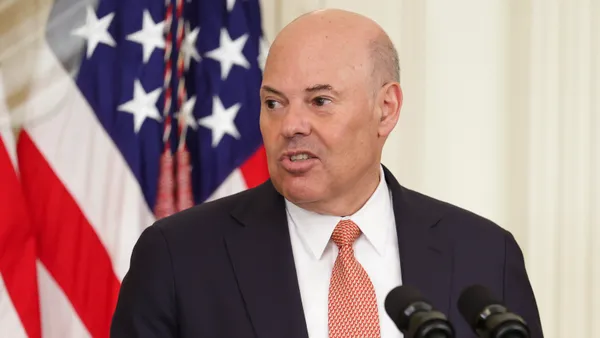Dive Brief:
- A former NBC employee is suing the network, alleging, among other things, that it only wants to hire good-looking people, the New York Post reports. Stephanie Belanger filed the suit in Manhattan Supreme Court, claiming sexual harassment, disability discrimination and termination in retaliation of her complaints.
- According to the Post, Belanger claims an NBC recruiter contacted her about an opening and requested to see her picture before meeting her in person because the network "specifically asked for good-looking employees." Belanger was ultimately hired, but alleges that her boss humiliated her. She also said the company demoted her and cut her pay after she had two seizures due to her epilepsy.
- Belanger’s lawyer says that NBC’s desire for only good-looking employees created a toxic work environment, according to the Post. Belanger claims the network never responded to her complaints.
Dive Insight:
If the plaintiff was referring to HR when she alleges that NBC did nothing about her complaints, the network may have some explaining to do in court. HR has a responsibility to follow up on all complaints, regardless of whether they seem credible. The allegations are too serious to ignore.
Employers can’t afford to be unresponsive to complaints. Following up on allegations and conducting internal investigations have been known to avert costly, time-consuming and sometimes contentious lawsuits. Employees who feel ignored and disrespected will go to state and federal agencies, like the Equal Employment Opportunity Commission (EEOC), for help.
Employers only need to remember Uber’s sexual harassment case and the negative fallout that led to an overhaul of its culture. The ride-hailing company’s sexual harassment victims also said the company did nothing about their complaints. After Uber’s problems went public, the company brought in experts, legal and otherwise, to turn its work environment around and vowed to adopt diversity policies.
Those who make a good-faith effort to comply with workplace laws and document incidents and events as they occur can reduce their risk of liability.














